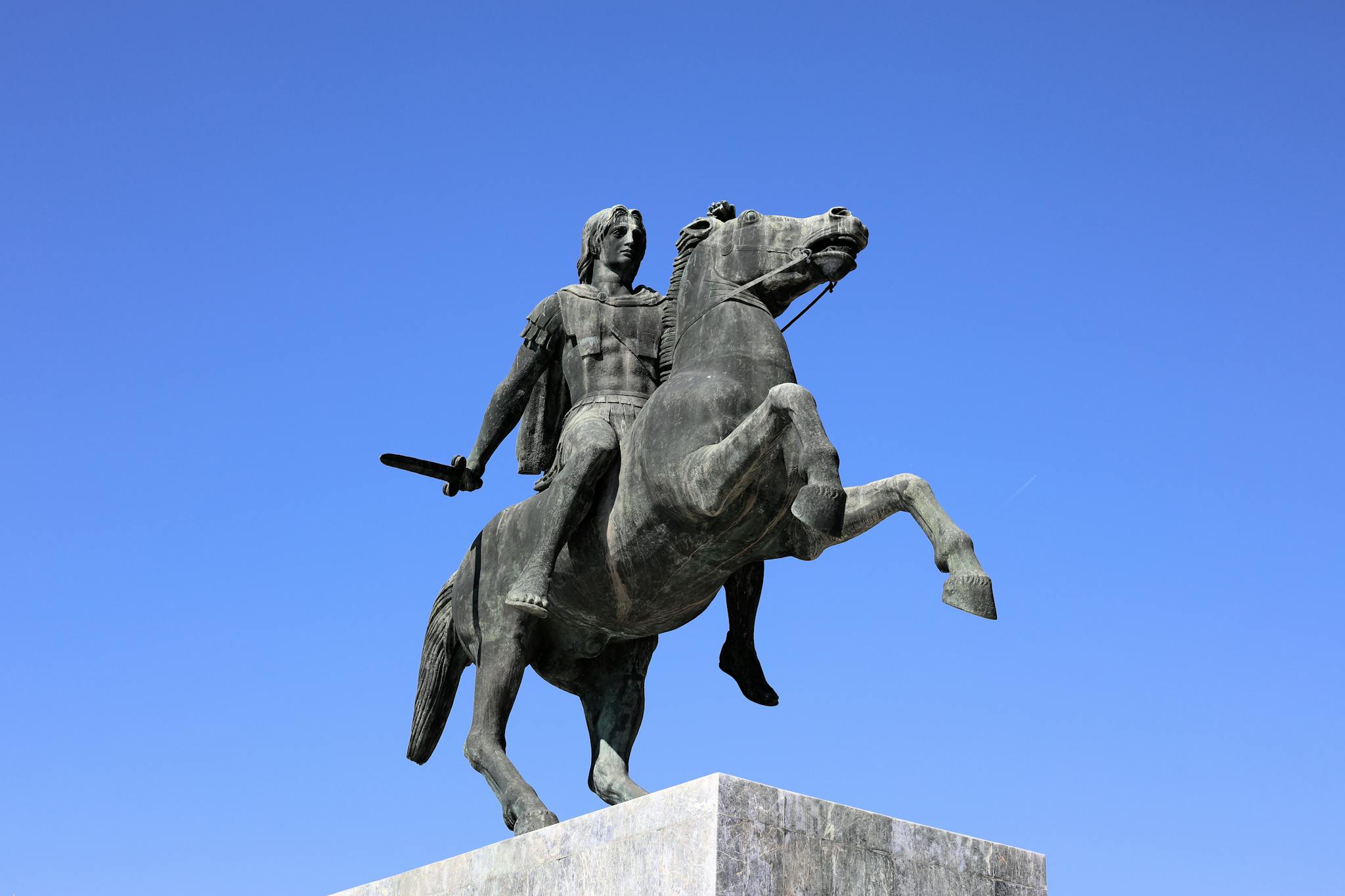Share This Article
Exploring the intersection of sacred and secular.
Retired theologian and UMC bishop, William Willomon, wrote a book by this title that I read around the time I went to seminary. I can’t remember much of it after all these years other than this: we must answer our calling with the entirety of self.
An Unlikely Pairing
American cultural identity is much more Greek than anything else. Our foundations were laid during the Enlightenment, which lifted up the ideals of ancient Greek culture and democracy, and particularly influenced by its dualistic cosmology. One of the classic tenets of Western dualism is roughly the idea that the flesh is icky, but the soul is pure. The idea of icky flesh deeply influenced the puritanical roots that plague us to this day.
Despite being Roman, Paul’s letters are deeply influenced by Hellenism owing at least in part to his need to preach Christ and him crucified among the Greeks in Corinth, Thessalonica, Ephesus, and so on. More critically, even after three centuries, the cultural weight of Alexander still persisted in civilized society, since his conquests apparently left a swath of trade and culture in his wake — once he was done murdering people to death.
At least to me, Paul and Alexander represent two sides of a coin. They’re individuals who share similar hubris and humility — the desire to bring heaven and earth under one rule by their efforts, yet painfully aware of their finitude — yet beautifully contrasted by Alexander’s grasp at power and Paul’s putting on an armor of weakness.
While existential humility isn’t the first trait that may come to mind when thinking of one of the most ambitious conquerors in preserved history, Alexander was a student of religions and cultures as much as he was interested in ruling the world. Though he was proclaimed to be the son of Amun after undertaking the mantle of Pharaoh, this wasn’t the first time he claimed divine parentage. His mother claimed from his birth that his true father was Zeus.
I don’t recall how his earthly father, Philip of Macedonia, felt about this claim, but given Zeus’ reputation, I’m assuming unsurprised was among his feelings.
Know When to Hold’em
Paul, while claiming no such divine heritage, was equally convinced that he knew what was best for everyone. Before his conversion on the road to Damascus, he was more commonly known as Saul — a complex namesake — and known for persecuting Christians for leading people to a false messiah. He’s thought to have overseen Stephen’s stoning, as he held folks’ clothes while they martyred him. Paul changed his ways when he was struck blind by a vision of Jesus on the road to Damascus. After three days, his sight was restored by Ananias, and Paul became as ardent in professing The Way as he had been at persecuting its people.
While Paul’s conversion was divine, Alexander’s was mundane.
His soldiers were increasingly wounded, weary, and homesick. Even so, he only stopped his rampaging conquest when his armies, disillusioned of any glory in war as even their weapons and armor were wearing out, noped out on India’s doorstep after seventy days of thunderstorms and lightning. Alexander took to his tent, and on the third day, he declared the fortunes no longer favored their campaign.
Three days is apparently the amount of time necessary to accomplish a great many things!
Such a Thick Soul
For both, their success lay in an unwavering commitment of their entire selves to their respective campaigns. Alexander, for all his divine claims, was dead within a year of returning home, a likely victim of many things — alcoholism, typhoid, poison — but never one to settle, he was preparing for another cross-continental crusade of killing with clubs and other things that begin with a hard “C” sound when he died.
While he identified his calling to be conquering, Alexander was missing a critical part of his development that comes from awakenings most gods are denied that may have brought him great success in peace.
One Entire Person
Paul, simply transferring his fervor from one cause to another, found a way to make peace with the war within by embracing the idea that God could overcome the worst of him. While he still found great frustration with the weaknesses of his flesh, including worsening eyesight and perpetually pissing off powerful people, Paul made peace with the fact that the only thing he could hope to conquer was his own heart. The rest was up to God through Christ, and him crucified.
I look at the events of the last couple weeks and see two distinct narratives at work in our own political realities, yet find an odd comfort in the similarities of the hubris at work. One reality embodied by Alexander, who conquers it all but loses the peace because he cannot bring himself to stop fighting. The other, embodied by Paul, who lost many battles and his own life, but won the world on behalf of the one he served because he always answered his calling with the entirety of his being.
Eric Wolf is a local Lutheran pastor, and he’d love to buy you a coffee, tea, or beverage of your choice to tell him about your faith, your ideas about meaning, or whatever “sacred stuff” means to you. Reach him at [email protected]! To learn more about Eric and his writing, visit his blog at Love Sees Color.


